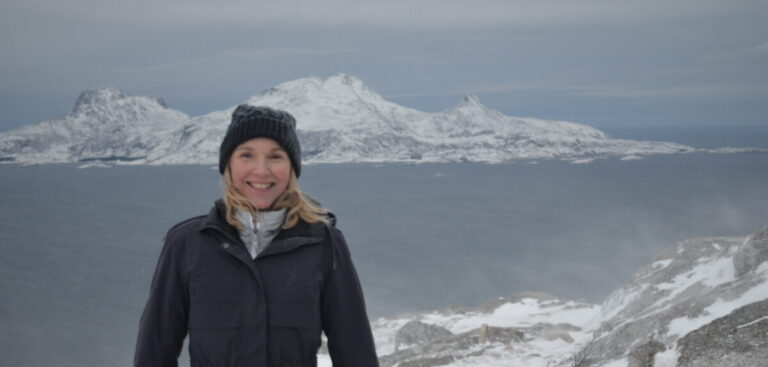Prof. Amanda Lynch has been elected as chair of the WMO Research Board, which is responsible for guiding and translating the aims of the WMO members into overarching research priorities to be implemented in the activities of different research programs.
Lynch is a distinguished professor of earth, environmental and planetary sciences at Brown University, Rhode Island, USA, and has served as the inaugural director of the Institute at Brown for Environment and Society. Her experience is at the nexus of weather and climate, natural and social sciences, and research and policy. She is a fellow of the Australian Academy of Technological Sciences and Engineering and the American Meteorological Society, and has been a member of WMO’s Scientific Advisory Panel for the past two years. She has provided advice to the US National Science Foundation, the US National Academy, the World Bank, the UNFCCC and the Australian government, and acted as a delegate to the UN Permanent Forum on Indigenous Issues.
The chair is committed to ‘Science for Service’ and ensuring that the best knowledge and information is available to secure safety and prosperity in the face of weather, climate and water shocks. This can be achieved through transcending silos that prevent effective decision support, across research and operations, disciplines and sectors. Realizing this vision requires innovation in weather, water, climate and allied sciences. It requires engagement with the needs and capabilities of developing countries, an open and inclusive workforce, and the promotion of young scientists worldwide. It requires strong links between WMO’s technical commissions, United Nations organizations, academia, research centers and funding agencies.
Lynch said, “It’s tremendously exciting to be asked to serve in this way because the core of what I do as a researcher focuses on how natural and human systems interact and how they can do so in ways that benefit both. It’s also a daunting task because challenges like climate change, population growth and urbanization make it ever more important to be prepared for weather- or climate-related stresses.”



